
Click to View the Interactive Map.
Click to Provide Feedback on SAY THEIR NAMES.
About SAY THEIR NAMES
SAY THEIR NAMES is a memorial and interactive map that tells the stories of the lives of Black Americans killed by police: Who were they? What were their lives like? SAY THEIR NAMES documents incidents that likely would not have resulted in the death of white Americans given the same set of circumstances. Each reported case is examined against certain criteria as our focus for the project is on those who are clearly innocent victims of police brutality, such as those with no drawn active weapons or those not being actively pursued due to unlawful actions or other complexities.
Click on the graphic or link above to view the interactive map. If you would like to contribute information or a story to the map, click on the Submit Information link above.
Background and Context
Our democracy is challenged by systemic oppression, racism, and murder of Black persons; by economic hardship and political degradation; by unbridled capitalism and greed; by the destruction of our environment. As we struggle through the darkness of multiple crises—of our own making—we wish to remember Black persons marginalized by systemic oppression, racism, and murder. SAY THEIR NAMES extends the reading of Blood Lines names to include Black persons killed by law enforcement since 1919.
Ron Browne, lead researcher and one of the original Blood Lines readers, along with a group of interns and community members and NON:op’s Saba Ayman-Nolley is building a database of Black Americans killed by law enforcement since 1919. The interactive map will grow over the coming months and years as more and more names are added to the database. If you would like to contribute to this database, or if you would like to assist Ron with this important research please contact him at ronaldbrowne [at] nonopera [dot] org. Once this database is posted you may select and record yourself reading names from this list. Compensation for participation is the same as for Blood Lines above.
SAY THEIR NAMES is an ongoing research and mapping project intended to identify, locate, and remember Black Americans killed by police since 1919. It is designed with an open-ended timeline to permit several successive years of research, the development of an interactive map, and the accumulation of community contributions. This map is truly a participatory and interactive project. In the coming months and years, as we continue to accumulate research data and develop the online interactive map, we will add the capability to submit data through an online form on the map page. For now, please contact us at STN [at] nonopera [dot] org if you have any information to add to any of the Black Americans killed by police currently on the map, or with additional names that should be included in the map. You may also fill out this form.
NON:op’s SAY THEIR NAMES project is an attempt to remember African Americans whose lives have been taken away and their voices silenced by acts of police. It is also an effort to go beyond mere statistics, to humanize them and honor the lives they lived. SAY THEIR NAMES is inclusive of all those of African descent, regardless of gender, age, occupation, faith affiliation, or any other social category. It does not seek to stand above or apart from any other project that memorializes these shortened lives; rather, it stands in solidarity with any attempt to serve, remember, and honor lives that have been taken because of “color,” race, or cultural heritage. Only if we stand together will we be strong enough to overcome the structural and systemic racism that is eating away at our common humanity.
View the SAY THEIR NAMES map.
Find out more about the Research Methodology.
• • •
Research Statement
Black Persons Killed by Law Enforcement in the United States Since 1919
Ronald Browne
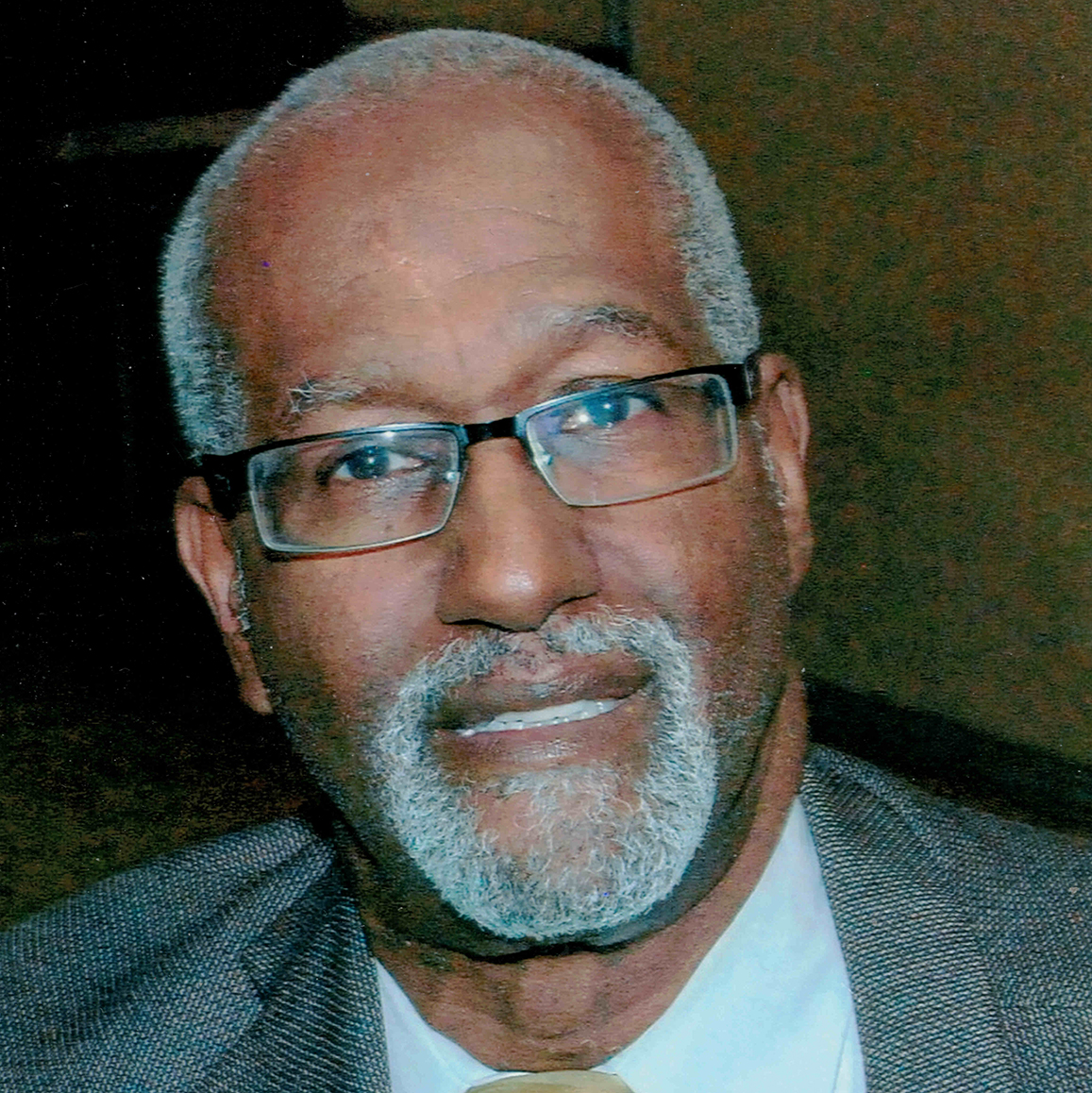 In developing a comprehensive list of those killed by police brutality, first, we have identified more than 2,100 cases across the United States in just the last five years. Our goal is to identify as many such cases as we can dating from 1919 through the present, connecting the Red Summer of 1919 to the present time. We will be reporting those who have been killed by police from the most recent killings and adding the older cases as our research progresses. First priority will be given to cases that have taken place in Illinois. We use as many sources as we can in deciding which cases to cite, including internet news sources, websites of educational institutions, and public library microfiche records.
In developing a comprehensive list of those killed by police brutality, first, we have identified more than 2,100 cases across the United States in just the last five years. Our goal is to identify as many such cases as we can dating from 1919 through the present, connecting the Red Summer of 1919 to the present time. We will be reporting those who have been killed by police from the most recent killings and adding the older cases as our research progresses. First priority will be given to cases that have taken place in Illinois. We use as many sources as we can in deciding which cases to cite, including internet news sources, websites of educational institutions, and public library microfiche records.
Specifically, Google.com and Wikipedia.com will be used to identify cases and serve to provide links to other sources of information. A large portion of our database up to this point was obtained through washingtonpost.com; chicagotribune.com; suntimes.com; and other news media websites depending on location. Each reported case is examined against certain criteria as our focus for this project is on those who have been clear innocent victims of police brutality, such as those with no drawn active weapons or not in active pursuit of unlawful actions or other complexities. Because we vet each case as thoroughly as we can, the most recent incidents may take some time to appear on our public website list.
We understand that not all cases have been reported in the media and in that path of collecting the most comprehensive list, we invite everyone to collaborate with us. If you know of a person that should be considered for inclusion please provide us with the person’s name and any details you can provide, such as the victim’s age, gender, date of police crime against them, city, and state of incident, including a specific address if known, a brief description of the killing, the weapon used, and a brief biography of the victim, including a photograph if available.
If you have information you would like to share, or if you would like to participate in our research, please contact Ron Browne at ron@nonopera.org
Research Team
SAY THEIR NAMES was formally launched in January 2021, and is staffed by Lead Researcher-Supervisor, Ronald Browne; Project Manager, Dr. Saba Ayman-Nolley; Northeastern Illinois University academic supervisor for map development, Ting Liu; and community researcher Omid Nolley; with NON:op’s artistic director, Christophe Preissing, overseeing development of the map and database. Currently we are working with interns from the Metropolitan Chicago Data-science Corp (MCDC): Kota Suzuki, Miranda Stumpff, and Zindeh Scere, in addition to map developer Rob Strzok.
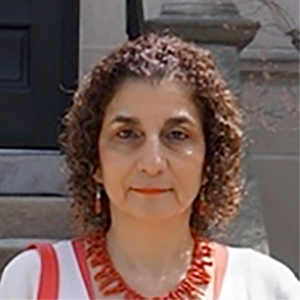 | 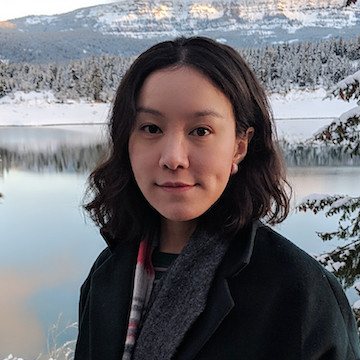 | 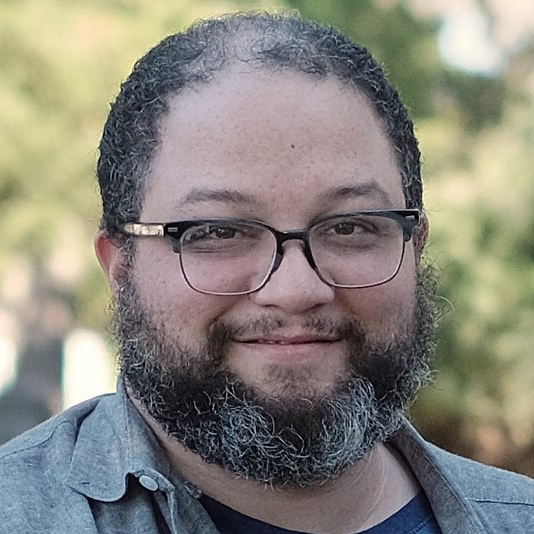 |  | 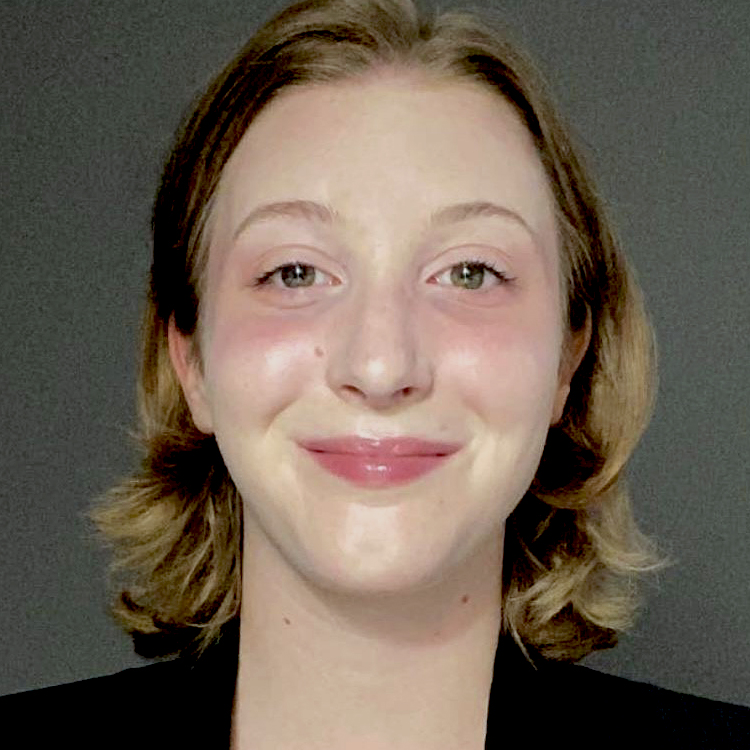 | 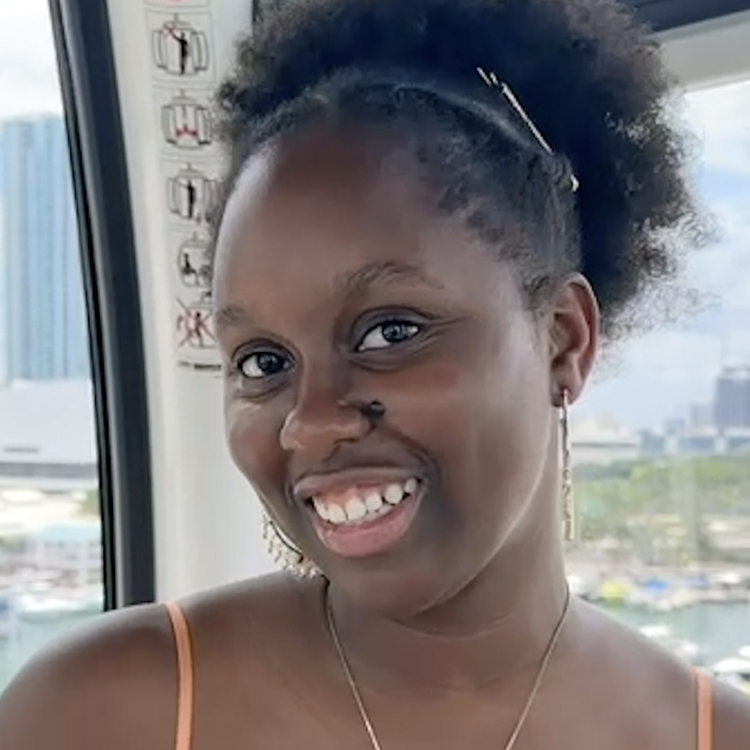 |
| Saba Ayman-Nolley | Ting Liu | Omid Nolley | Kota Suzuki (MCDC) | Miranda Stumpf (MCDC) | Zindeh Scere (MCDC) |
Metropolitan Chicago Data-science Corp (MCDC)
The MCDC represents a collaboration of community organizations and data science students and experts from multiple Chicago-area universities and colleges with an emphasis on equity. The MCDC is an NSF Data Science Corps in the metropolitan Chicago area that focuses on the intersection of data science with three domain-science areas: health sciences, social sciences, and environmental sciences.
To find out more about the current and past research team members, visit the Staff, Interns, and Volunteers page.
• • •
If you are interested in participating in the research, the video readings, or contributing to SAY THEIR NAMES or the installation, or have questions, please contact STN [at] nonopera [dot] org.

